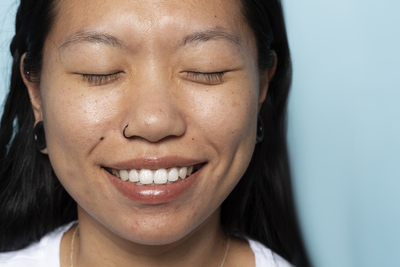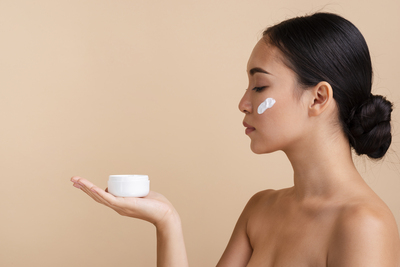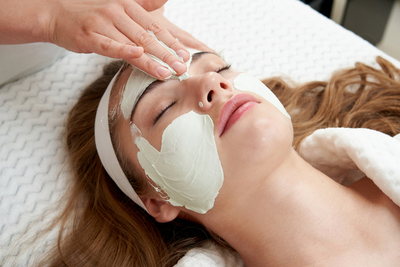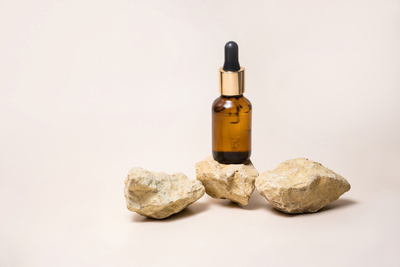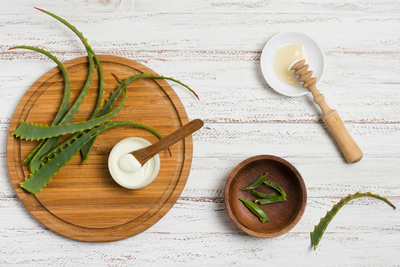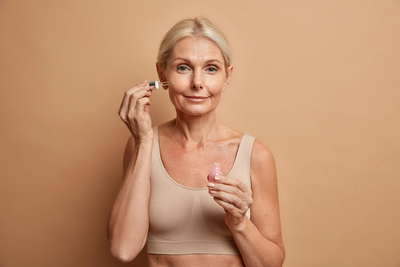Clay Masks: Pore-Cleansing Miracle or Hidden Irritant?
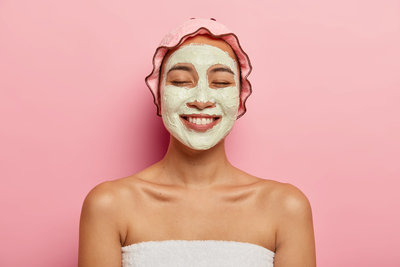
Clay masks are a skincare staple. Marketed as the ultimate fix for oily skin, clogged pores, and breakouts, they promise clear, detoxified, glowing skin after just one use.
But here’s the truth: while clay masks have powerful benefits, they’re not all created equal. Some formulations contain irritating or even comedogenic ingredients that can sabotage your results — especially if you have sensitive or acne-prone skin.
So, are clay masks the secret to smooth, radiant skin — or just another skincare trap? Let’s dig into the science.
What Are Clay Masks?
Clay masks are topical skincare treatments made from natural clays, often mixed with water and other active ingredients. They’re applied as a paste and left to dry, drawing out oil and impurities from the skin.
A review in Clays and Clay Minerals highlights that clays have been used in cosmetics for centuries due to their absorbent, detoxifying, and antimicrobial properties.
Types of Clays Commonly Used in Masks
Different clays have different properties:
-
Kaolin Clay: Gentle, suitable for sensitive skin.
-
Bentonite Clay: Highly absorbent, best for oily or acne-prone skin.
-
French Green Clay: Rich in minerals, often used for deep detoxifying.
-
Fuller’s Earth: Known for brightening and oil absorption.
-
Rhassoul Clay: Balances oil and improves texture.
According to a 2023 review in Cosmetics, clays can improve skin hydration, elasticity, and sebum regulation, making them versatile across skin types.
Benefits of Clay Masks
- Absorb Excess Oil – Perfect for oily or combination skin.
- Unclog Pores – Helps reduce blackheads and acne.
- Detoxify Skin – Removes impurities and pollution particles.
- Soothes Inflammation – Some clays have calming, antimicrobial effects.
- Mineral Boost – Rich in magnesium, silica, and calcium, clays nourish skin.
A study in Frontiers in Pharmacology found that clays also show promise in wound healing and antimicrobial activity, supporting their role as skin protectors.
The Hidden Risks of Clay Masks
While clay itself is generally safe, mask formulations vary — and that’s where problems arise.
-
Over-Drying: Strong clays like bentonite can strip natural oils, leading to dehydration.
-
Added Irritants: Fragrance, alcohol, or essential oils can trigger redness and sensitivity.
-
Comedogenic Ingredients: Some “hydrating” additives (like coconut oil or heavy butters) can clog pores, undoing the mask’s benefits.
-
pH Imbalance: Poorly formulated clays can disrupt the skin barrier.
👉 Bottom line: Not all clay masks are acne-safe or sensitive-skin-friendly.
Who Should Use Clay Masks?
-
Best for: Oily, combination, or acne-prone skin needing deep cleansing.
-
Sometimes useful for: Normal skin, as an occasional detox treatment.
-
Caution for: Dry or sensitive skin — stick to gentler clays like kaolin and avoid added irritants.
How to Use Clay Masks Safely
-
Apply 1–2 times per week (not daily).
-
Don’t let it fully dry — rinse off when edges start drying to prevent over-drying.
-
Moisturize afterward to replenish hydration.
-
Patch test new masks, especially if they contain actives or botanicals.
-
Check ingredient lists — look out for added oils or fragrance that could cause irritation or clogging.
How SkinBuddy Helps You Find the Right Clay Mask
The challenge with clay masks? They often combine clays with extra ingredients — some soothing, others pore-clogging. That makes it hard to know which formulas are safe.
Here’s how SkinBuddy makes it easy:
- In your Skin Profile, select Acne-Prone Skin, Sensitive Skin, or other relevant concerns.
- Scan any clay mask product — SkinBuddy instantly highlights pore-clogging or irritating ingredients.
- Each ingredient includes a detailed explanation of how it affects acne, sensitivity, or barrier health.
- Use Discover Ideal Match to filter for masks that are Non-Comedogenic, Non-Irritating, or Barrier-Supportive.
- Instantly see personalized clay mask recommendations that balance detox with hydration.
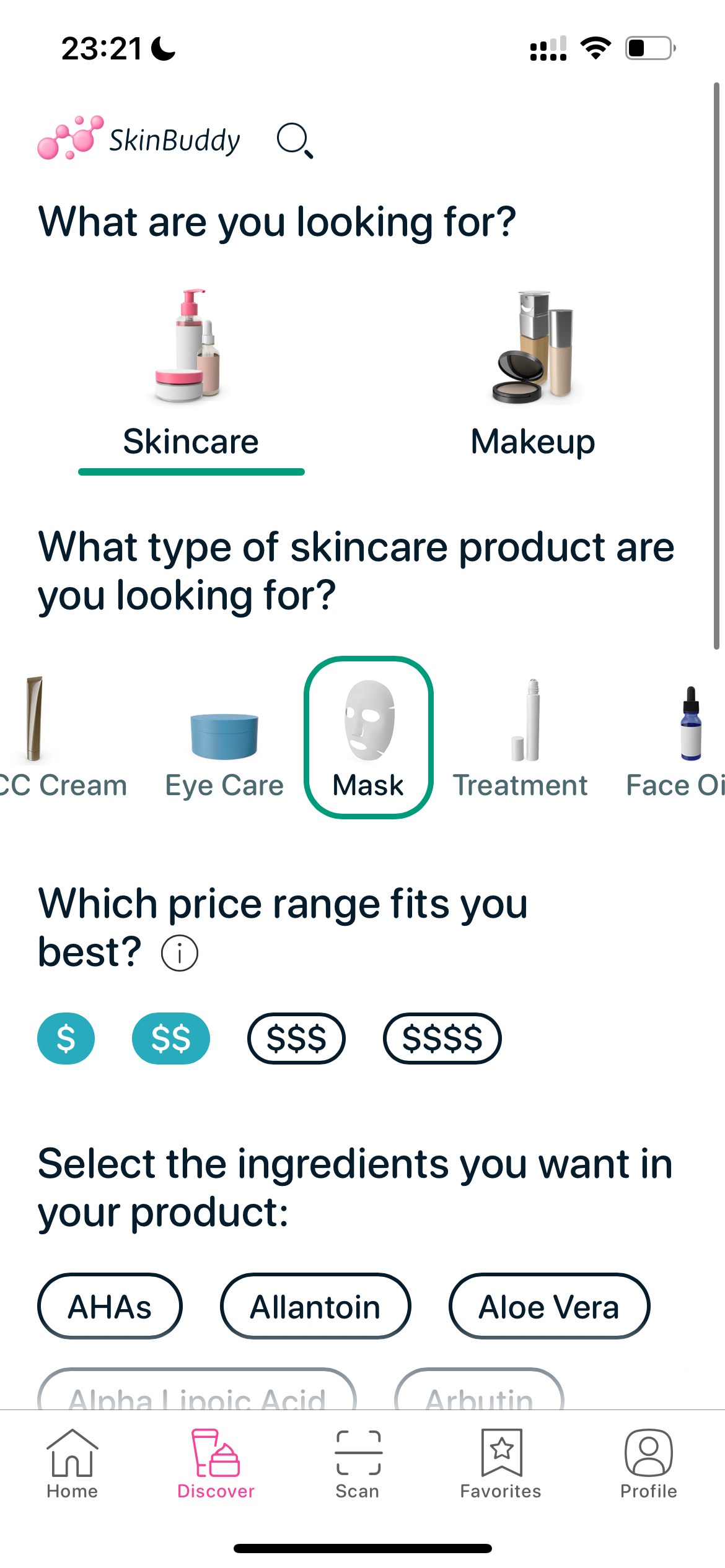
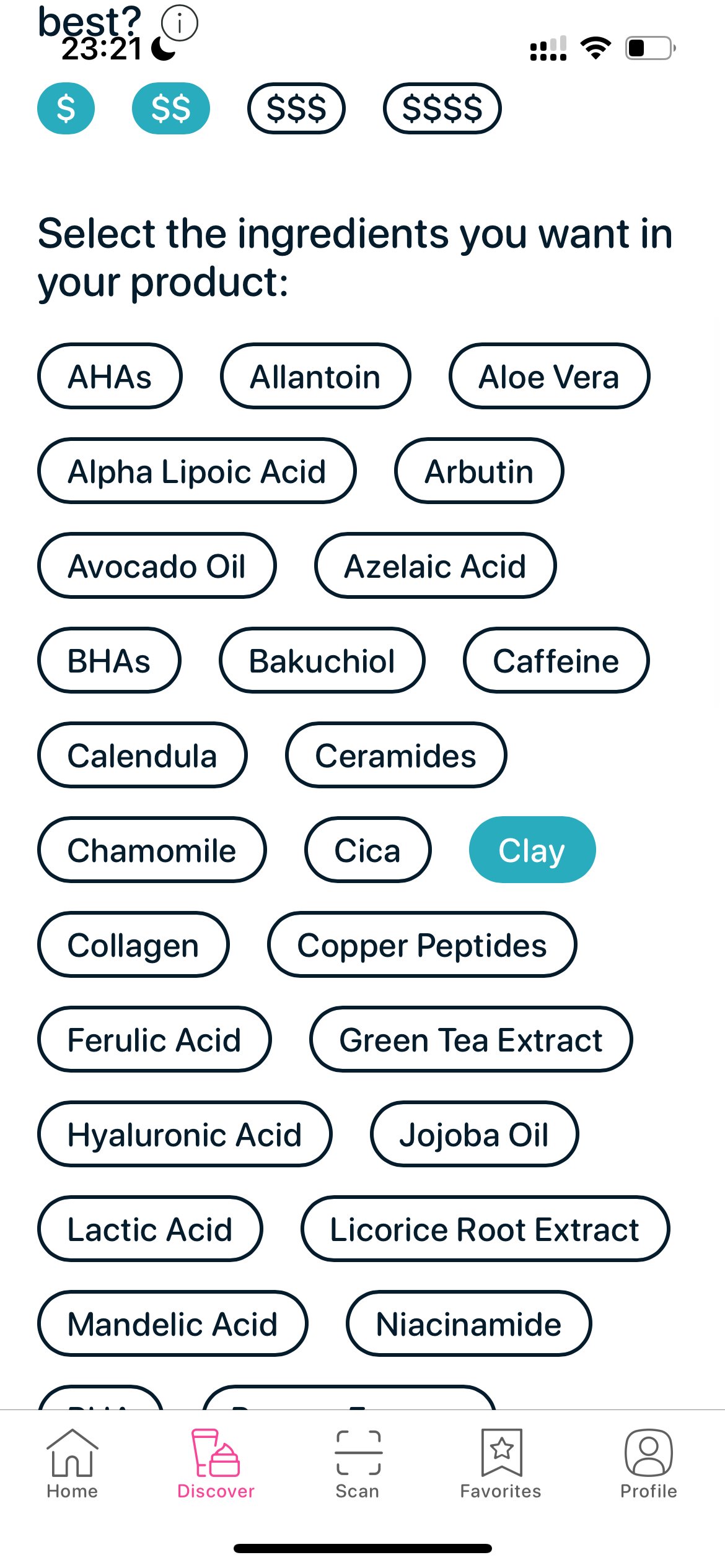
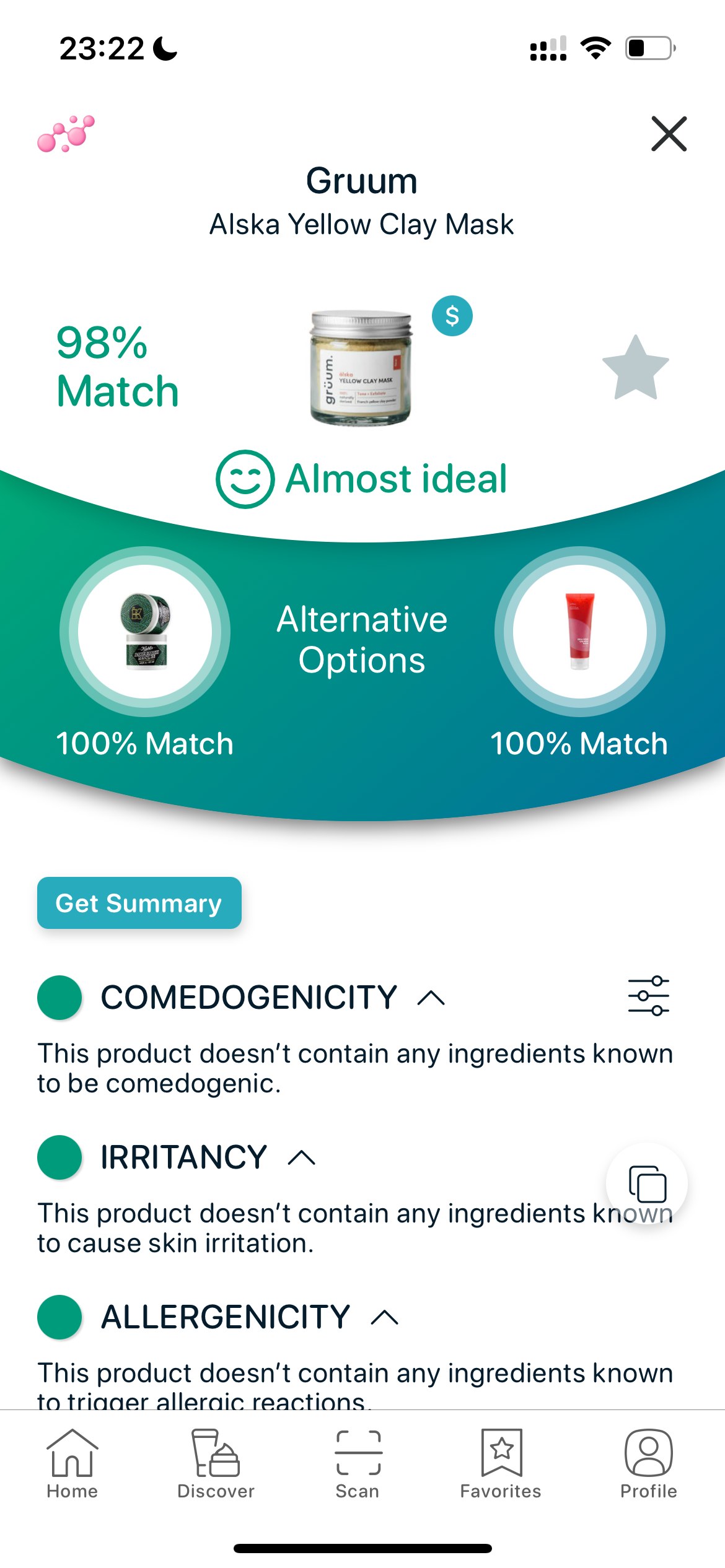
Try SkinBuddy to find out what works for your skin, and what doesn’t.
Scan your skincare, avoid pore-clogging or irritating ingredients, and discover smarter product matches. Open the web app or download the mobile app to get started.
or
Check Products OnlineCheck if your skincare suits your skin type, sensitivity, or acne-prone needs at skinbuddy.app and discover better options that match your routine and goals. SkinBuddy makes it easy, fast, and science-backed.
Scan to get started:

Web App (mobile only)

App Store & Google Play
FAQs About Clay Masks
-
Can clay masks cause acne?
Yes — if they contain comedogenic oils or if overused, which dries out skin and triggers oil overproduction. -
Are clay masks good for sensitive skin?
Gentle clays like kaolin can help, but avoid masks with added fragrance or alcohol. -
How often should I use a clay mask?
1–2 times per week is plenty; daily use can damage your barrier. -
Can clay masks shrink pores?
They don’t permanently shrink pores but can make them look smaller by clearing out debris. -
Should I moisturize after using a clay mask?
Yes — always follow with a hydrating moisturizer to restore balance.
Final Thoughts
Clay masks are powerful tools for controlling oil, clearing pores, and detoxifying skin — but they’re not all equal. Depending on formulation, they can either support your barrier or trigger irritation and breakouts.
With SkinBuddy, you don’t need to memorize comedogenic lists or guess at ingredient safety. Our app shows you exactly how each clay mask impacts your skin concerns, so you can choose detox treatments without the hidden risks.
👉 Want to find the best clay mask for your skin?
Download the SkinBuddy app and discover clay masks that match your skin type and goals—science-backed and irritation-free.



